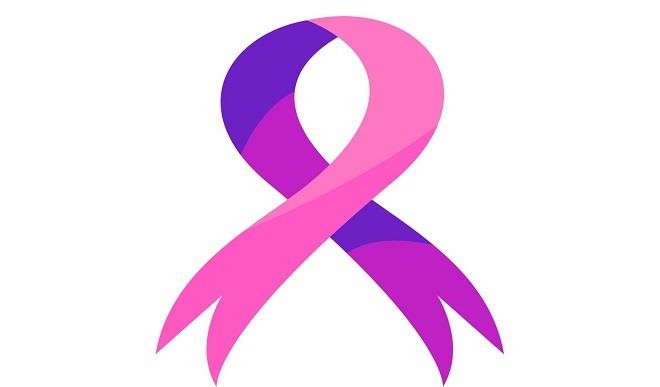About 30% of children who survive cancer often end up infertile as adults due to damage done to their bodies by powerful chemotherapy drugs and radiation.
However, a new animal research in which a baby monkey was born from frozen testicular tissue offers hope that young cancer sufferers left infertile from treatment could still become fathers.
Scientists have now discovered that testicular tissue taken and frozen at a young age can produce a baby.
The method has worked successfully in monkeys – the closest animal to humans in scientific studies – paving the way for it to be tried in humans according to MailOnline.
Pre-teenage boys cannot bank sperm to start a family after cancer treatment, because they are too young to produce it. At such a young age, many have to face the fact they will never become fathers in later life.
Dr Kyle Orwig, senior author of the research, from the University of Pittsburgh School of Medicine, said: “This advance is an important step toward offering young cancer patients around the world a chance at having a family in the future. These results from monkeys are really the last step on the road to being able to help children with cancer.
“We hope to be doing trials of frozen testicular tissue on people within two to five years.”
Women around the world have been able to give birth after becoming pregnant with frozen ovarian tissue, but the freezing of testicular tissue is more experimental.
Researchers took tissue from rhesus macaques, before they had chemotherapy, which damages cells in the body and often leads to infertility.
Just like tissue from young boys, it contained no sperm but just the stem cells which become sperm when puberty hits.
The tissue was frozen, thawed and transplanted back into the monkeys at an older age after puberty, just as it would be in cancer patients, so that brain hormones could trigger the testosterone needed to kick-start sperm production.
Although babies have previously been born from testicular tissue in mice and pigs, a monkey birth from frozen tissue is the best hope yet that the technique could work in humans.
However it may be problematic for children with leukaemia and similar blood cancers, as well as those with testicular cancer, as traces of the cancer may linger in their tissue. Researchers also caution that their experiment was done only in monkeys that had been castrated.
Allan Pacey, professor of Andrology at the University of Sheffield, said although many men who were treated for cancer as boys are still fertile, and are able to have their children without medical assistance, there are many that are not and this can be a source of great sadness for them and their partners.
“Currently, the only option available to men who were made infertile through cancer treatment at a young age, and who don’t have any stored sperm, is for them to either use donor sperm, or to adopt, or remain childless,” he said.




